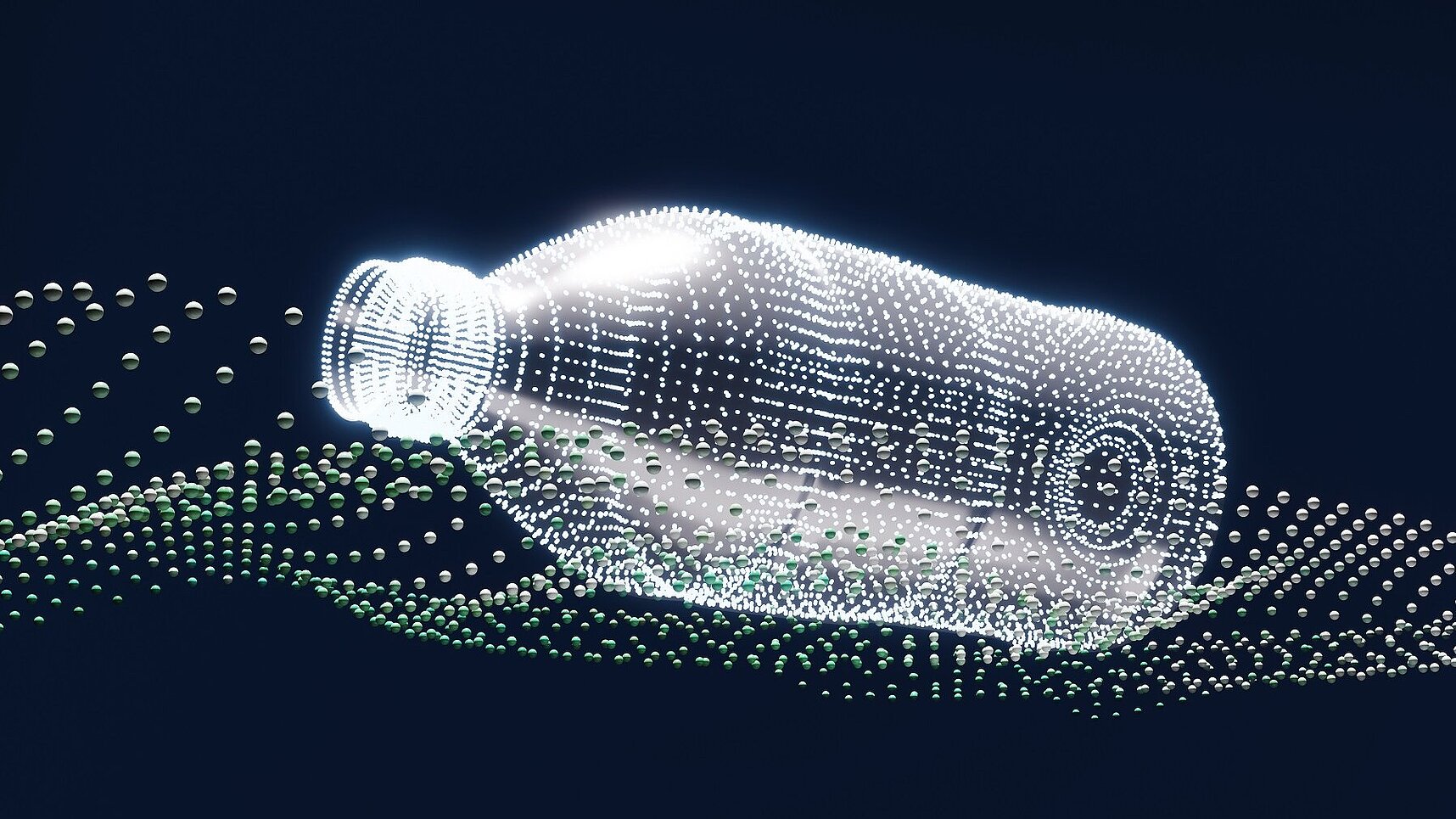In today's automotive industry, the evolution of electric vehicles (EVs) requires more than just a shift to eco-friendly energy sources; it demands a thorough re-evaluation of vehicle materials. Plastics, once confined to interior trim, now play a pivotal role in replacing aluminium and metal components, driving innovation and sustainability. At Kendrion, we've fully embraced the potential of plastics in our speaker cabinet designs, contributing to the progressive transformation of the automotive industry.
Why Plastics?
Plastics, as polymers with diverse properties, offer a myriad of advantages over conventional metal components. Not only do they contribute to the overall weight reduction of EVs, enhancing energy efficiency and range, but they also boast remarkable mechanical strength and durability.
Thanks to advancements in polymer technology, plastics can now withstand harsh environmental conditions, making them well-suited for exterior body parts such as doors, fenders, hoods, and bumpers.
The selection of plastics in the automotive industry is a meticulous process, considering factors such as weight reduction, durability, and resistance to environmental stressors. Today, more than 70% of plastics used in the automotive industry are derived from four key polymers: Polypropylene (PP), Polyurethane (PU), Polyamide (PA), and Polyvinyl chloride (PVC).
Each of these polymers offers unique properties tailored to specific automotive applications. PP, for instance, is favoured for its ease of shaping, excellent chemical and thermal resistance, making it an ideal choice for bumpers and interior floors. It is also popular because of its cost efficiency while still delivering high-quality products. PU is commonly found in seat cushions, armrests, and other upholstery due to its comfort, flexibility, and resistance to wear and tear. PA, or Nylon, is frequently used in engine components, gears, and electrical connectors due to its high strength, heat resistance, and chemical resistance. PVC is commonly used in automotive interiors for wiring insulation, dashboard covers, and door panels due to its affordability, flexibility, and ease of moulding. ABS plastic finds its place in parts like steering wheel covers and dashboards, providing a balance of durability and cost-effectiveness.
Replacing Wood with Plastic: Speaker Cabinets
In addition to structural components, another vital element in EVs crafted from plastic is speaker cabinets. Traditionally fashioned from wood or metal, these cabinets now utilize high-performance plastics. Plastics are more cost-effective and easier to manufacture compared to wood. Furthermore, plastic enclosures are lighter and more durable than wood, making them easier to transport and reducing the likelihood of damage during shipping or handling.
Here at Kendrion, we’re committed to revolutionizing the driving experience and setting new standards in automotive design. We lead the way in developing solutions that empower OEMs to create immersive soundscapes, enriching every journey. Our expertise extends beyond speaker cabinets to encompass a comprehensive suite of AVAS-compliant interior and exterior sound solutions for electric and hybrid vehicles.
Through extensive research, testing, and implementation, we have engineered plastic speaker cabinets that meet the demanding requirements of automotive applications. Our cabinets, crafted from high-quality plastics such as PBT, PP, PA, and glass fibre-reinforced plastics (GRP), offer superior acoustic performance and structural integrity, resulting in premium sound reproduction. By leveraging precise moulding techniques and intricate designs, we optimize internal volumes, minimize self-resonances, and maximize the use of available space within the cabinets.
Lighter, Stronger, and More Sustainable
As the automotive industry continues to evolve, plastics will undoubtedly play an increasingly vital role in shaping the vehicles of the future. With ongoing advancements in polymer technology and manufacturing processes, the potential for lighter, stronger, and more sustainable automotive components is boundless. At Kendrion, we remain committed to driving innovation in plastics, ensuring that our products not only meet but exceed the expectations of our customers in terms of performance, quality, and sustainability.






